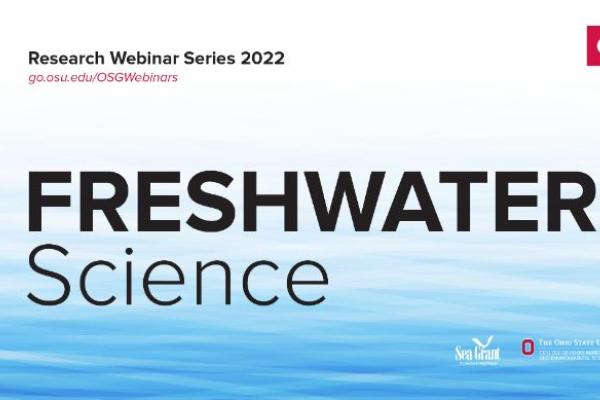
The Ohio State College of Food, Agriculture, and Environmental Science is hosting a research webinar series. Join them for Freshwater Science: Environmental Microbiomes as Indicators of Coastal Lake Erie Resilience
Characterizing western Lake Erie’s essential coastal microbial and plankton communities and their response to change is important because the environmental microbiome is the foundation of the food web and essential to aquatic biogeochemical cycles. Understanding how shore management practices and coastal processes impact these biomes is critical to evaluating ecosystem resilience.
Dr. Trisha Spanbauer of The University of Toledo is using high-throughput genetic sequencing of water samples from an 80-kilometer stretch of Ohio between the Maumee River and Old Woman Creek, as well as community science networks, to characterize environmental microbiomes with the goal of documenting the plankton and bacterial community that make up the foundation of the local food web.
The webinar is free, but registration is required to receive log-in information.
